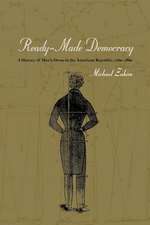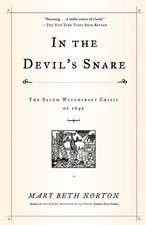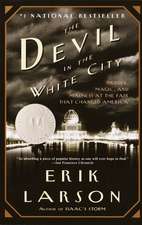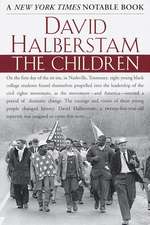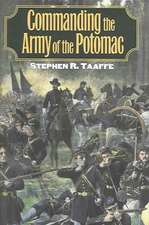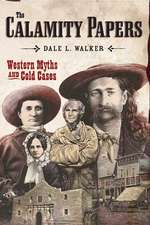Yankee Town, Southern City – Race and Class Relations in Civil War Lynchburg
Autor Steven Elliot Trippen Limba Engleză Hardback – 31 ian 1997
| Toate formatele și edițiile | Preț | Express |
|---|---|---|
| Paperback (1) | 245.49 lei 6-8 săpt. | |
| MI – New York University – 28 feb 1999 | 245.49 lei 6-8 săpt. | |
| Hardback (1) | 530.74 lei 6-8 săpt. | |
| MI – New York University – 31 ian 1997 | 530.74 lei 6-8 săpt. |
Preț: 530.74 lei
Preț vechi: 689.28 lei
-23% Nou
Puncte Express: 796
Preț estimativ în valută:
101.55€ • 106.32$ • 84.03£
101.55€ • 106.32$ • 84.03£
Carte tipărită la comandă
Livrare economică 05-19 aprilie
Preluare comenzi: 021 569.72.76
Specificații
ISBN-13: 9780814782057
ISBN-10: 0814782051
Pagini: 362
Dimensiuni: 153 x 229 x 15 mm
Greutate: 0.64 kg
Editura: MI – New York University
ISBN-10: 0814782051
Pagini: 362
Dimensiuni: 153 x 229 x 15 mm
Greutate: 0.64 kg
Editura: MI – New York University
Recenzii
"A readable and interesting book that . . . provides a vivid portrait of the evolution of one southern city during this trying period. It is a most worthy contribution to the literature of the South and to urban history generally."
--John Ingham, Journal of American History
--John Ingham, Journal of American History
Notă biografică
Steven Elliott Tripp is Associate Professor of History at Grand Valley State University in Michigan.
Textul de pe ultima copertă
One of the most hotly debated issues in the historical study of race relations is the question of how the Civil War and Reconstruction affected social relations in the South. Did the War leave class and race hierarchies intact? Or did it mark the profound disruption of a longstanding social order? Yankee Town, Southern City examines how the members of one Southern community, Lynchburg, Virginia, experienced four distinct but overlapping events - Secession, Civil War, black emancipation, and Reconstruction. By examining life in the grog shop, at the military encampment, on the street corner, and on the shop floor, Steven Elliott Tripp illustrates the ways in which ordinary people influenced the contours of race and class relations in their town. Tripp argues that war and postwar experiences compelled blacks and lower-class whites to defy the elites' prescription for race relations. By acting on their own, lower-class whites expressed their frustrations with elite rule and contributed to the instability of postwar society. African Americans, Tripp argues, were equally assertive. Drawing on a collective culture that developed in the town's tobacco factories well before the war, the black community demonstrated a resolve that often frustrated whites' attempts to control it.


